A contract for difference, also known by the acronym CFD, is a very complex economic term and you need to know it well to know what you are getting into. At the beginning of the millennium, with the rise of online trading, contract for difference trading became an increasingly popular method, although it was developed almost 10 years before that. If you want to start trading in different markets, and when we say that we mean financial markets, it is very likely that you will not know where to start, because you will be overwhelmed by different options.
A contract for difference is certainly one of the best options. That does not mean that it is a simple way of trading, so that’s why it is good for beginners, but that the initial costs are not high. And also trading places are available everywhere. Yet the details themselves are very complicated, even for experienced traders and people who know a lot about economics. But don’t let that discourage you. We have put together a guide for you that will introduce you to the basics of CFD trading and give you all the answers you need to know if it is suitable for your business.
What is CFD?
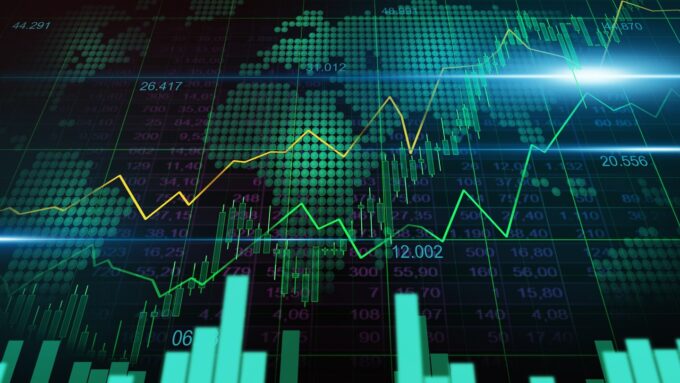
First, it is very important that you understand this economic term in the right way. It happens that people get into all this, without a clear understanding of the concept and everything it brings with it and thus loses money. It is an investment instrument that works by the broker and the client paying the difference between the value of what was bought/sold, and this difference arose between the signing of the contract and the present moment. If a profit is made, then the seller pays the buyer, and if it loses the value, then the buyer pays the seller that difference in value.
What are the differences compared to traditional trading methods?
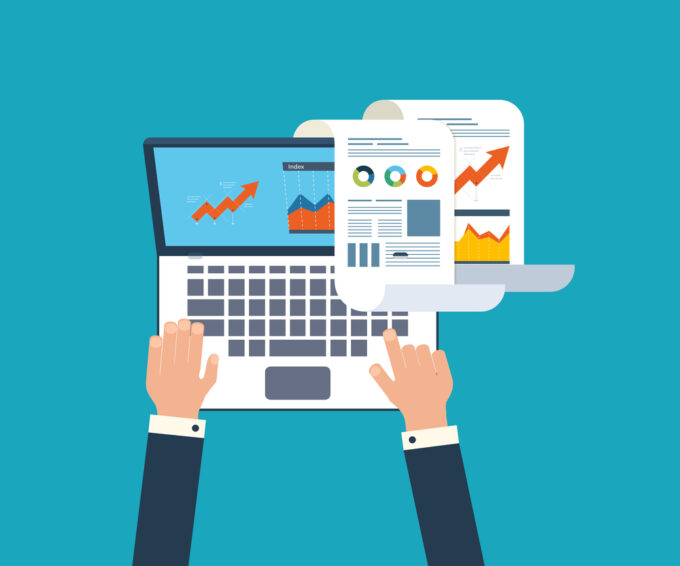
We assume that you know how traditional investments work. So if you want to invest your money in anything, you buy it. Be it the stock market, gold or anything else. Then you monitor the state of the market and hope that what you bought will gain in value in order to sell it and thus make a profit. It is very simple. On the one hand, the contract for difference works very similarly, and on the other hand, it is very different. You also trade what you want, but you don’t own what you bought and that’s the primary difference. You are actually speculating about a price change in relation to the opening price. Then, as with other trading methods, you hope to make a profit. You can trade anything from precious metals and oil to stock market indexes like the Dow Jones and S&P to currencies, and make a profit on a constant change in value.
What do you need to get started?
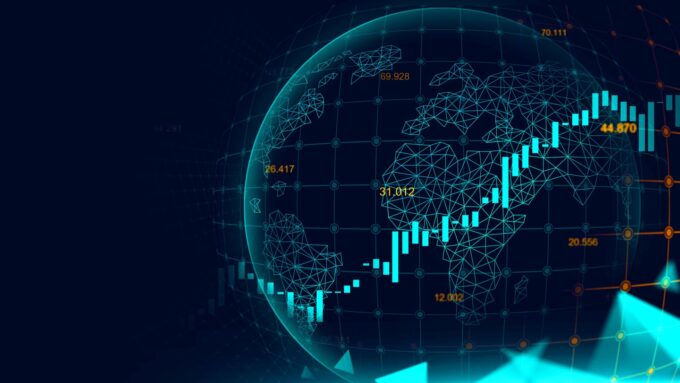
You need to open a dedicated CFD trading account, then install the appropriate software and choose how much to invest. Let us explain to you exactly what it looks like. If you think the price of something will go up, then you will choose the “buy” option and that is then called “going long”. Then you wait for the price to jump and make a profit for that difference by how much the value has increased. Know that we are now telling you in a simplified way and about the simplest examples. And if you want to speculate about the decline in the value of something, then go to the sell option and it’s called “going short”. You make a profit for that amount by how much that thing, for example, oil, has lost in value. It is clear to you that if you make a mistake in speculation, you lose money.
Is CFD trading suitable for your business?
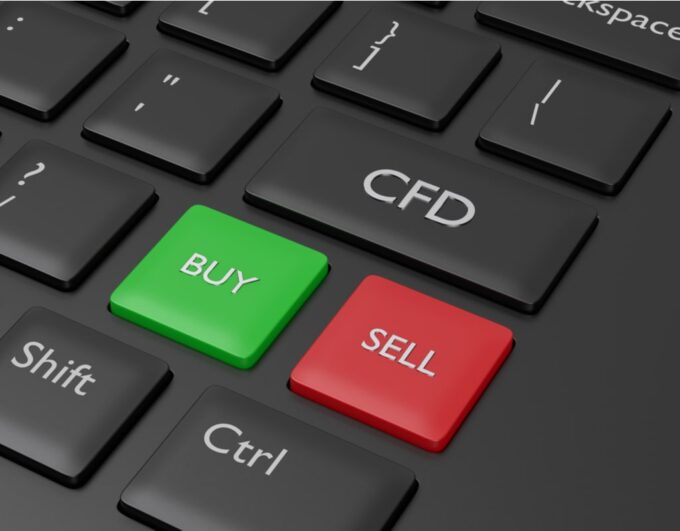
Now that you know how it works, it’s time to answer this question. However, we may not know exactly all the details of your business, but you must decide if it is suitable. And to further simplify your choice, we will list all the advantages and disadvantages of CFD, after which you will easily decide.
Advantages
Leverage – This is certainly the biggest advantage of CFD because by using leverage, you can trade with much different things and in a larger market than you could with other trading methods. The reason is that CFD allows you to access different investments with less money. The money you own is called margin, and as experts from Day Trading say, margin requirements as little as 2% is possible. There have been cases where people have traded in items that are hundreds of times more valuable than the money they have in their accounts.
Going long and Going short – In the previous part of the text we have already explained these terms to you, and now we will explain to you why this is another great advantage of CFD. When you enter different trading systems, you are always waiting for value growth to make a profit. And that can have its drawbacks because you may well anticipate a decline in value, and there’s nothing you can do about it. With CFD, you have complete freedom to invest in both rising and falling values. You can also combine, and first predict a decline, and then growth. Since the stock market works that way, you will be much better able to speculate on all the events constantly.
Large selection of markets – CFDs can be found in every market because you do not own an asset. You can trade commodities, cryptocurrencies, stock market indexes, the currency market known as Forex and many other things. This gives you the opportunity to enter markets that would not otherwise have value.
Risks
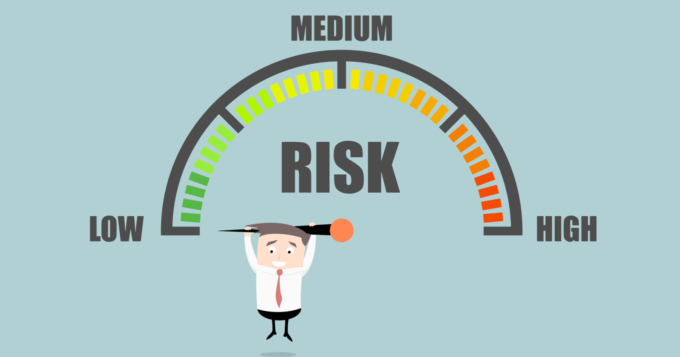
We will not say disadvantages, but risks because it better shows the real state of affairs. And as in any business, and especially in investing, there are risks. The first risk is, of course, that you will not anticipate market movements well and that you will lose money. But because of leverage, you can lose a lot more than you invested, because with leverage you could speculate with little money in places that would not otherwise be available to you. This increases the potential profit but also the loss. This can lead to a deficit, so it is important to choose a place where you can not go below zero, which is a negative balance.
Conclusion:
The most important thing is to choose a good broker because that can be the difference between success and failure. Also, to perfect your knowledge and skills, and not rush into such complex economic games.









